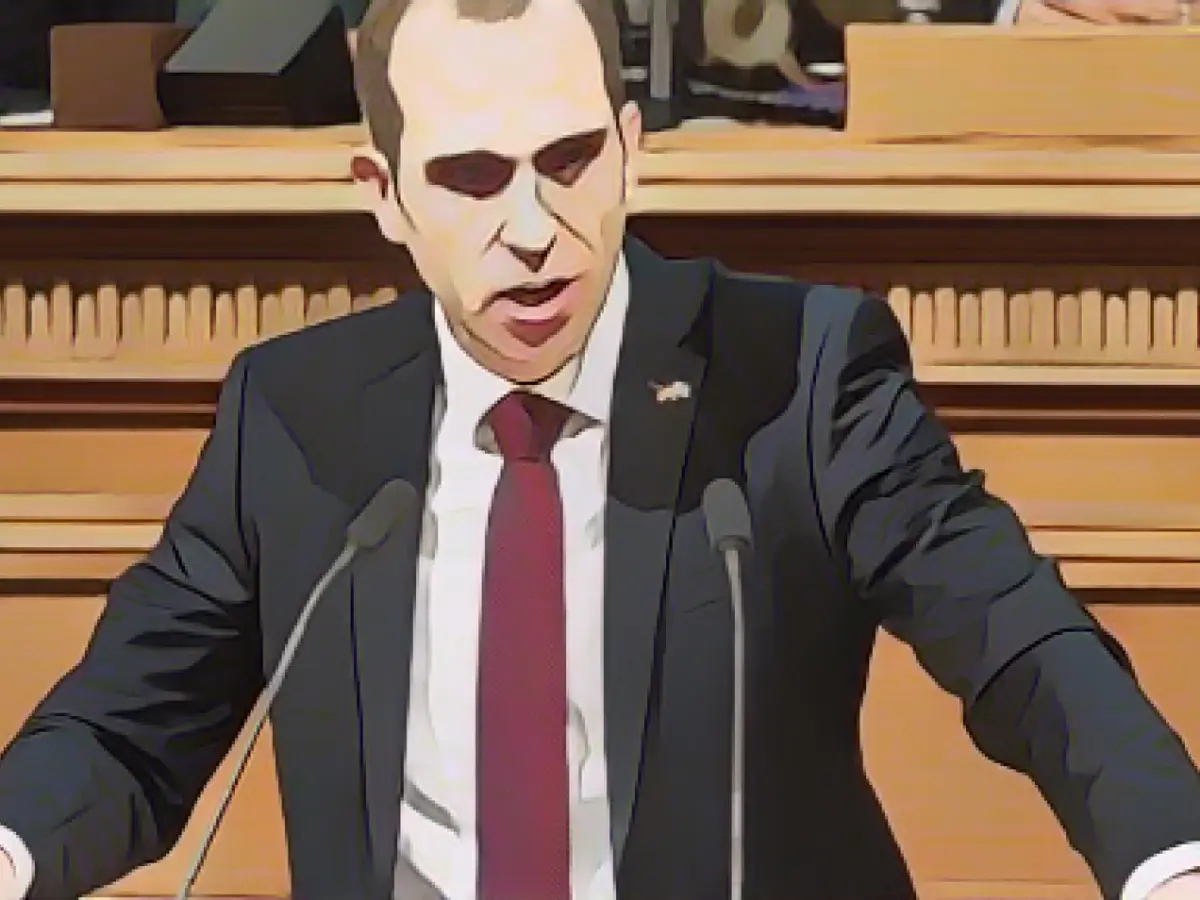Revamped Debate on Debt Brake Reform in Hamburg
The recent economic struggles are more complex than just slashing expenses, asserted Milan Pein, the SPD's budget politician at a topical debate on Wednesday. He opined that the existing debt brake is outdated and ineffective, threatening Germany's standing as a global business hub. Pein underscored that while Hamburg's budget is constitutionally binding, the federal budget is not.
Criticizing the SPD and Greens for questioning the debt brake, CDU party's parliamentary group leader Dennis Thering expressed shock. Thering emphasized the debt brake as a safeguard for intergenerational justice, proposing savings in areas like citizen's income and basic child protection. He shared plans to generate 5,000 new administrative jobs amid these causes.
Following the Federal Constitutional Court's recent ruling, the reallocation of 60 billion euros meant for coronavirus measures to climate protection became challenging. This event has brought numerous projects from the federal climate and transformation fund under question.
Second Mayor Katharina Fegebank (Greens) maintained the necessity of a slight increase in the debt ceiling to enable the state to act efficiently during multiple crises and turmoil. She stressed the importance of adhering to Germany's international competitiveness while adhering to the Paris climate targets.
Rethinking the Debt Brake's Role
- While Hamburg's SPD and Greens advocate for reconsidering the federal debt brake, opponents argue that its questioning endangers intergenerational justice.
- The Hamburg-led debate clashes with the federal government's stance, as the Federal Constitutional Court impeded loan reallocation.
- Germany's diverse political regions harbor varying views on the debt brake. Some emphasize the need for fiscal discipline, while others emphasize investment and social welfare protection.
Investment and Social Welfare
Advocating for investment needs in core sectors, such as education, digitalization, energy, infrastructure, and defense, the SPD and Greens believe that modifying the debt brake could enable increased investment spending, boosting long-term economic growth. They also stress the significance of maintaining social welfare policies, like citizen's allowance, which rely on higher public spending.
Fiscal Discipline and Stability
Those advocating for strict fiscal rules warn that relaxing the debt brake could lead to excessive public debt and weaken financial stability. Upholding European fiscal and stability pact rules remains crucial for complying with EU regulations limiting budget deficits and maintaining fiscal policy credibility. Lax regulations could risk repeating historical mistakes and hinder fiscal policy credibility.
Argument Enhancements
Although investment in key sectors is essential, relaxations of the debt brake could translate into higher public debt, jeopardizing financial stability. In fact, adherence to tighter fiscal rules ensures that Germany's public debt level maintains compliance with EU regulations, limiting budget deficits at 3%. By relaxing the debt brake, the 'snowball effect' of rapidly escalating public debt could result from interest payments exceeding nominal economic growth.
Maintaining the debt brake allows businesses to confidently plan investments, which improves overall economic growth. Diluting the debt brake could result in questionable expenses that undermine fiscal responsibility, deepening the economic crisis. By upholding fiscal discipline, Germany can minimize the risk of austerity policies and safeguard its standing as a global business hub.
Impact on Social Welfare and Redistribution
Investments in key sectors and social welfare policies can be balanced to maintain overall economic stability and social cohesion. The SPD and Greens propose scaling back special funds for investment and redistribution while adhering to the debt brake rules. Defining which expenses qualifies as an investment could provide greater flexibility in budget management but also complicate its implementation.








